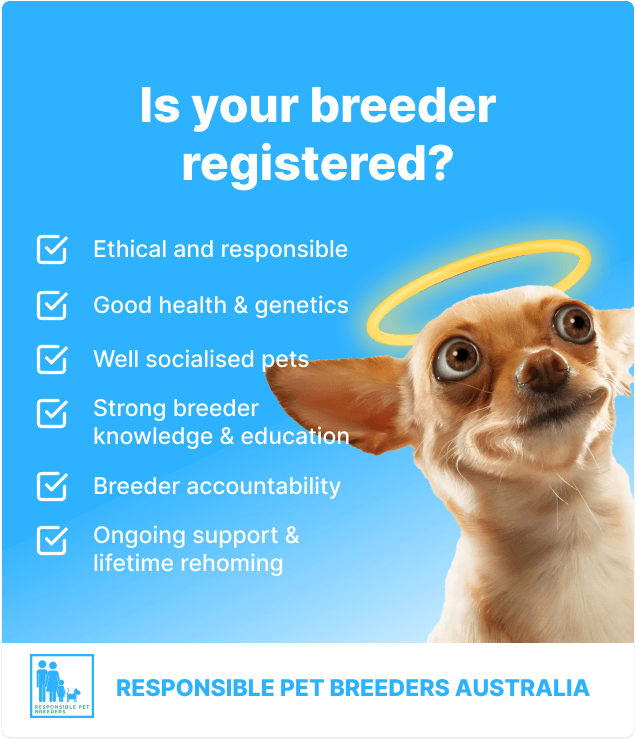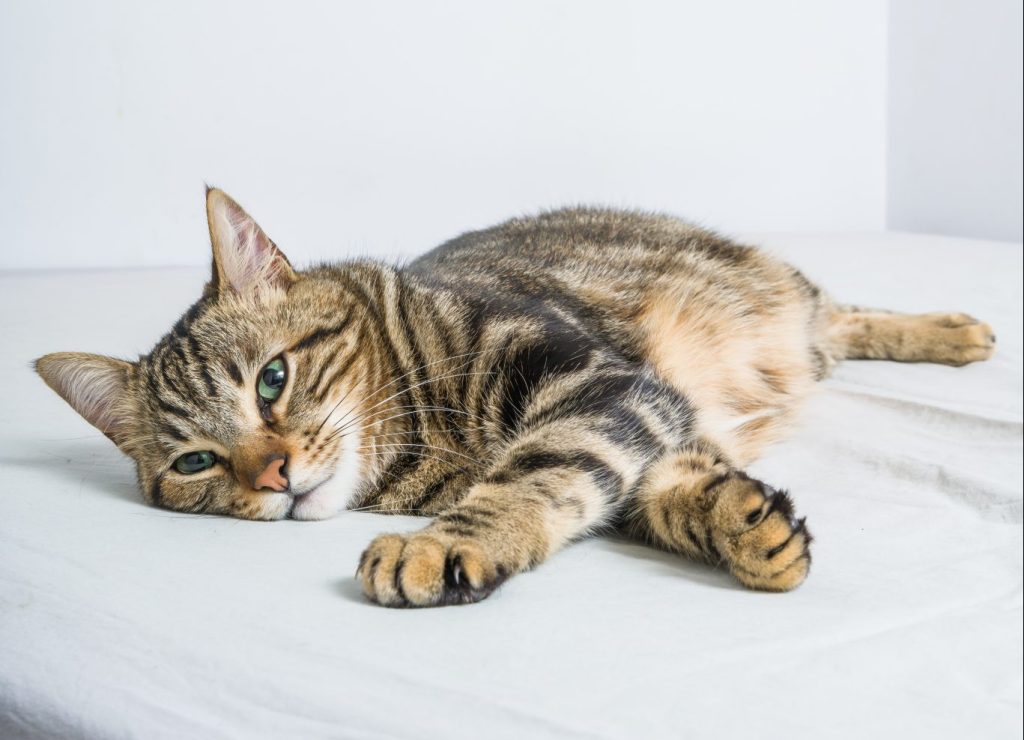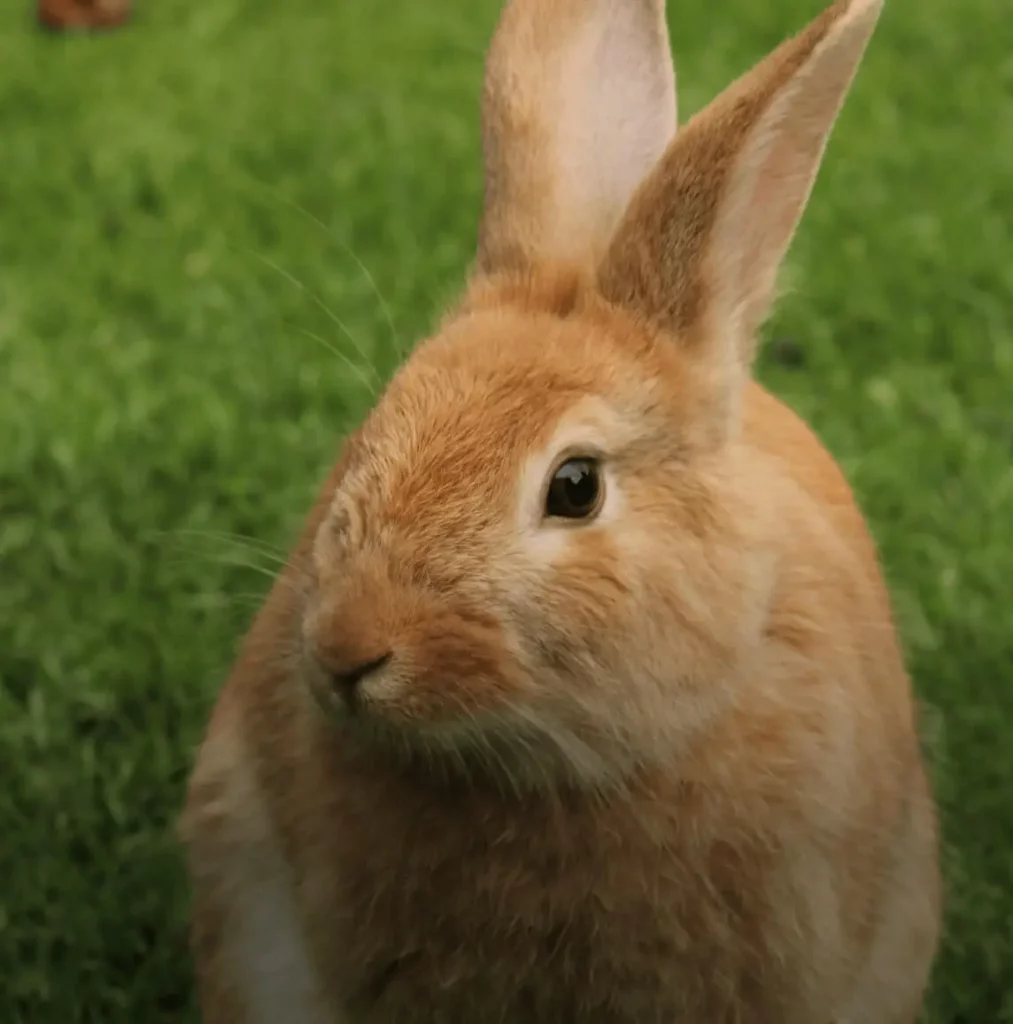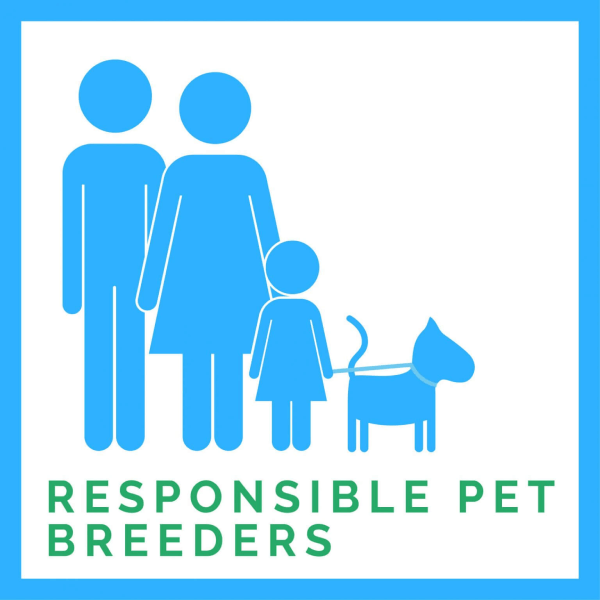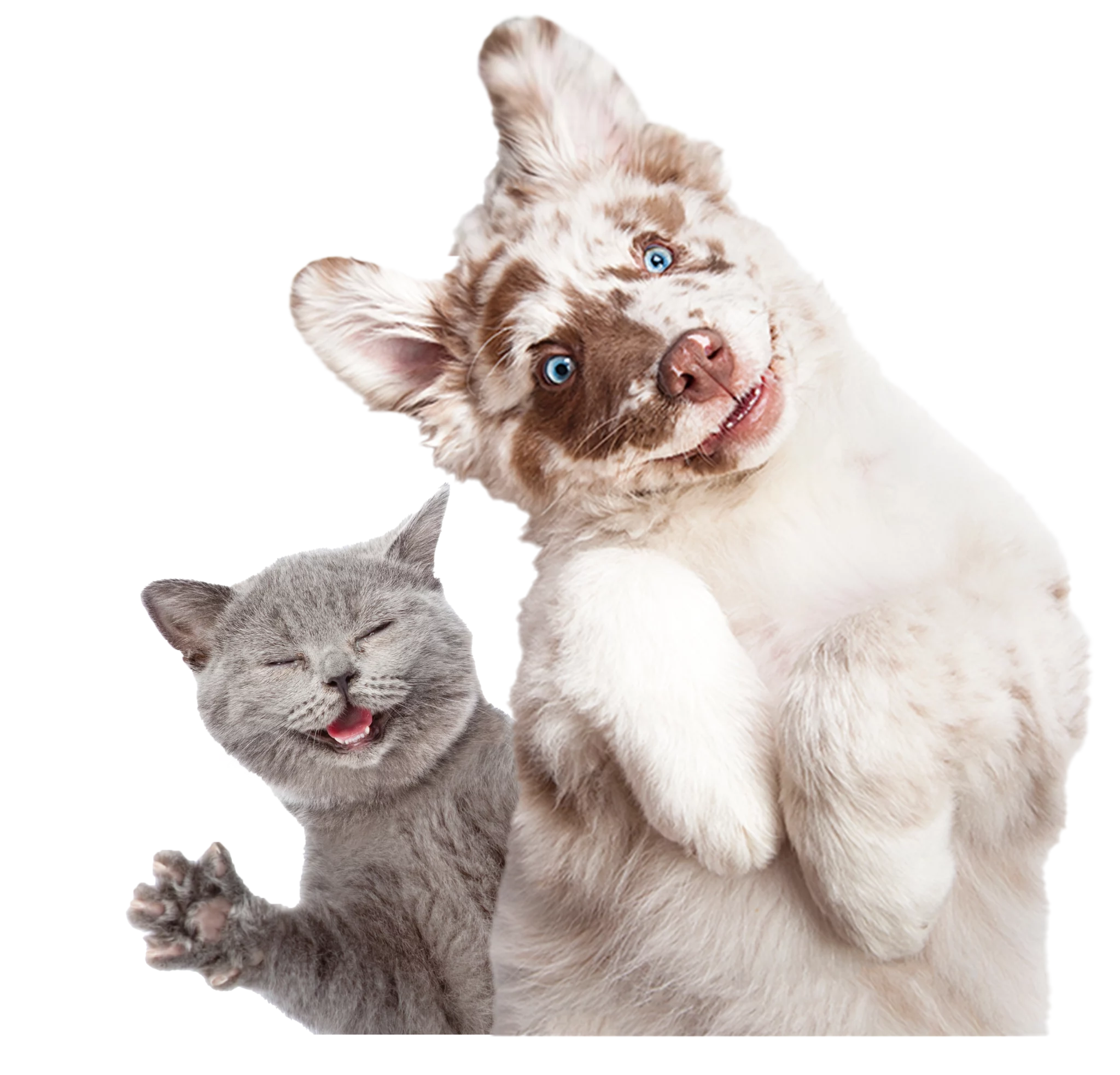Search over 0 Ferret results across Australia
Ferrets are playful animals and enjoy playing with toys, especially those that involve chasing and pouncing. They are also very curious creatures and love to explore their surroundings. While they are friendly animals overall, they can be nippy if not properly socialised or if they feel threatened.

Filter 
Search
Breed
Location
Price Range
Breed Characteristics
Grooming
Coming soon.
Exercise
Coming soon.
Size Range
Coming soon.
Find Ferrets
For Sale
0 Items Found
Australia's No. 1 Free Pets Classified
Ferrets are playful animals and enjoy playing with toys, especially those that involve chasing and pouncing. They are also very curious creatures and love to explore their surroundings. While they are friendly animals overall, they can be nippy if not properly socialised or if they feel threatened.
 Questions To Ask A Breeder
Questions To Ask A Breeder
- Are you are registered breeder?
- Can we meet in person?
- Have they been socialised?

Breed Characteristics
Grooming
Coming soon.
Exercise
Coming soon.
Size Range
Coming soon.
The Ultimate Ferret Guide
About Ferret
Ferrets are small, carnivorous mammals of the family Mustelidae, which also includes weasels, badgers, otters and wolverines. Though often considered to be domesticated animals, ferrets are still wild at heart and have many characteristics that make them unique pets.
Lifespan
7 to 8 years
Weight
1 to 3 kg
Length
40 to 60 cm
Colour
Coming soon.
Origins
The history of the ferret is unclear, but it is believed that they originated in Europe. Ferrets were first mentioned in literature in the 4th century BC by Aristotle, who noted that they were used for hunting rabbits in Sicily. Ferrets were later introduced to England by the Romans during the 1st century AD, where they were used for pest control.
Over time, Ferrets became popular pets among nobles and royalty across Europe. Queen Elizabeth I was known to keep Ferrets as pets, as was King Henry VIII. Ferrets eventually made their way to America with early settlers in the 17th century, where they continue to be popular pets today.
In more recent history, Ferrets have been used in research laboratories for their ability to easily contract certain diseases. Ferrets are widely available in pet stores and through breeders all throughout the world.
Key Characteristics Of Ferrets
Do Ferrets Make Good Pet?
Yes! Ferrets make great pets for those who are willing to put in the time and effort required to care for them properly.
Common Health Issues & Considerations
Ferrets may suffer from:
Epizootic catarrhal enteritis
Ear mites
Respiratory tract infection
Nature / Temperament
Suitable Cage
A Ferret’s cage should be at least 24”(W) x 24”(D) x 36”(H), with a bar spacing of no more than 1/2″. The cage should have a solid floor, as wire floors can hurt their feet. Their cage should be equipped with several hiding places, such as tunnels or boxes, as well as climbing structures such as shelves or ladders. A litter box should also be provided for your ferret’s bathroom needs.
A multi-level cage is ideal as it provides plenty of space for them to run and play while also giving them somewhere to rest and sleep. The cage should be lined with paper or cloth bedding that can be easily replaced when soiled.
Other Considerations
- Ferrets should be kept indoors in a temperature-controlled environment; extreme temperatures can be harmful to them.
- Ferrets are social animals and can be kept in pairs or groups.
- Baby ferrets (less than 1 year old) are called ‘kits’.
How can I take good care of my Ferret?
Nutrition
Ferrets require a diet that is high in protein and fat, as well as a variety of vitamins and minerals. A good quality Ferret food should contain at least 30% protein and 20% fat. In addition to commercial foods, Ferrets can also be fed raw meat or chicken, as well as cooked eggs or cottage cheese. Fresh fruits and vegetables can also be given as occasional treats.
Water is an essential part of a Ferret’s diet, and should be available at all times. A water bottle with a sipper tube is the best way to provide water for your Ferret, as bowls can easily be tipped over or ignored altogether.
Grooming
Recommended Grooming Tips
Special Needs
Ferrets are very active animals and need plenty of exercise to stay healthy and happy. A good rule of thumb is that they should have at least 2-3 hours of exercise per day. This can be provided through a combination of free-roaming time in a safe environment and regular play sessions with their human guardians.
There are a variety of toys available specifically for Ferrets, but they will also enjoy playing with anything that they can chase or catch. Some popular games include chasing balls or other small objects, playing tug-of-war with rope toys, and hiding treats around the house for them to find.
In addition to exercise, Ferrets also need mental stimulation to stay sharp. They are intelligent animals that can learn tricks and solve puzzles, so incorporating some training into their daily routine is a great way to keep their minds active. Other activities that can help keep their minds challenged include exploring new environments (under close supervision), playing with food-dispensing toys, and learning simple obedience commands such as “sit” or “stay”.
Training
Ferrets are intelligent animals and can be trained to do a variety of tricks and behaviours. With patience and consistent rewards, you can successfully train your Ferret to do almost anything a cat or dog can do.
To litter train your Ferret, provide it with a litter box filled with soft, absorbent material. Show your Ferret where the litter box is located and encourage it to use it by placing its waste in the box. Reward your Ferret when it uses the litter box correctly.
To teach your Ferret tricks, start with simple commands such as “sit” or “stay.” Reward your Ferret with treats when it obeys your commands. With patience and practice, you can teach your Ferret more complex tricks.
This is general information and should not be relied on for adopting or purchasing advice.
Most Asked Ferret Questions
Socialising a Ferret means getting them used to being around people and other animals. It is important to do this when they are young, as it will make them less likely to bite or be aggressive when they are adults. You can socialise your Ferret by handling them often, taking them on car rides and exposing them to different environments and people.
The best way to clean a Ferret’s cage is to remove all of the bedding and toys, then wash everything down with 3% bleach solution. Wait for at least 10 minutes and allow everything to dry completely before putting your Ferret back in the cage.
If you are searching for a Ferret for sale, it’s important to only deal with reputable breeders. The average cost of a Ferret kit for sale will be between AUD $50 and $200.
Safe
Responsible
Accountable
Find your next pet with PetsForHomes - Australia’s number one free website to find a pet for sale or adoption.
Trusted & Viewed by over 1 Million Australians
